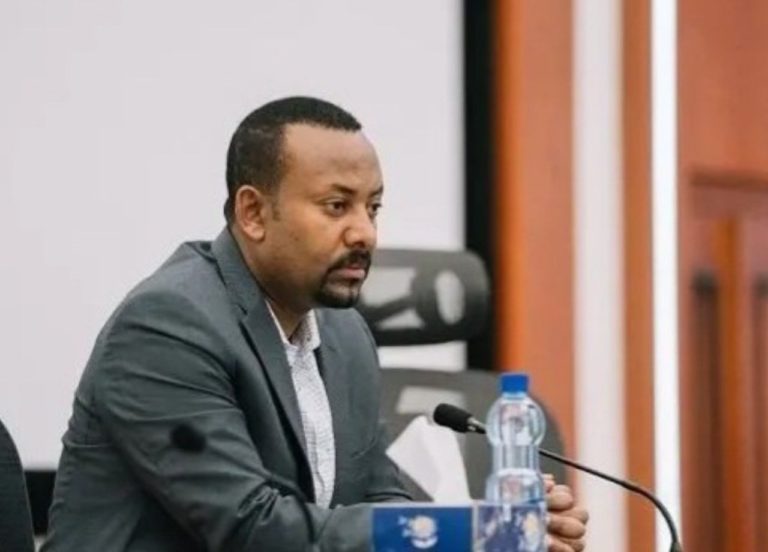The UN has announced that it has made 40 million dollars available to scale up humanitarian emergency operations in Ethiopia’s conflict-affected north.
The UN’s top emergency relief official, Martin Griffiths, on Monday disclosed that millions of people in northern Ethiopia were now ‘living on a knife-edge, as the humanitarian crisis is growing deeper and wider’.
Following from his return from Ethiopia, the Under-Secretary-General for Humanitarian Affairs and Emergency Relief Coordinator, said that needs were rising across the country and that the money would help aid organisations to reach some of the most vulnerable.
The situation has spiralled since November 2020 when Ethiopian government troops clashed with forces loyal to the Tigray People’s Liberation Front (TPLF).
Read Also: US Throws Weight Behind Obasanjo’s Peace Moves In Ethiopia
This is happening even as neighbouring regions Amhara and Afar have also been swept up in the deadly violence and terrible rights abuses.
The UN Central Emergency Response Fund (CERF) allocation will also support relief agencies providing protection and other life-saving assistance to people affected there as well.
‘Women, boys and girls continue to bear the brunt of the conflict, yet their protection needs remain underfunded,’ he warned.
Griffiths comments came after the UN Office for the Coordination of Humanitarian Affairs (OCHA) said that 364 aid trucks had been waiting for authorisation to access Tigray since Oct. 18.
According to OCHA’s latest update, the situation in northern Ethiopia remains highly unpredictable with civilians severely impacted and a broad state of emergency declared nationwide.
‘It is estimated that 80 per cent of essential medication is no longer available in Tigray while most health facilities are not functional due to damage and lack of supplies,’ OCHA explained.
Only 19 of the 59 mobile health and nutrition teams operating at the end of August are still providing services, owing to a lack of supplies and fuel, the UN humanitarian Office said.
At a hospital in the Tigrayan capital Mekelle, 47 people have reportedly died of kidney failure because the medical facility lacked dialysis equipment.
OCHA added that 32 patients with chronic kidney disease receive treatment twice a week, ‘instead of the standard three times, due to limited supplies and medicine’, while cancer patients are now using the last remaining stock of expired chemotherapy drugs.
‘New cancer diagnosed patients are not receiving any drugs,’ OCHA said, leaving an estimated 500 cancer patients without treatment.
Africa Daily News, New York reports that in neighbouring Amhara, fighting has caused large-scale displacements from North Gonder, Wag Hemra, North and South Wello zones, as well as in and around Dessie, Kombolcha, Baati and Kamissie.
This has increased humanitarian needs, OCHA noted, including for shelter, food, water, medicines and health services, dignity and hygiene kits for women and protection services.
AFRICA DAILY NEWS, NEW YORK










